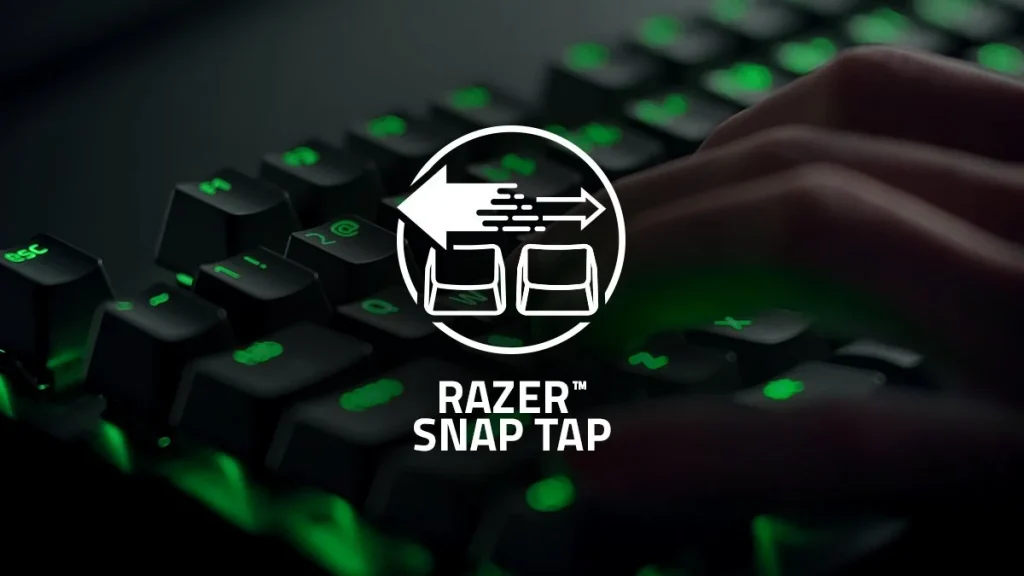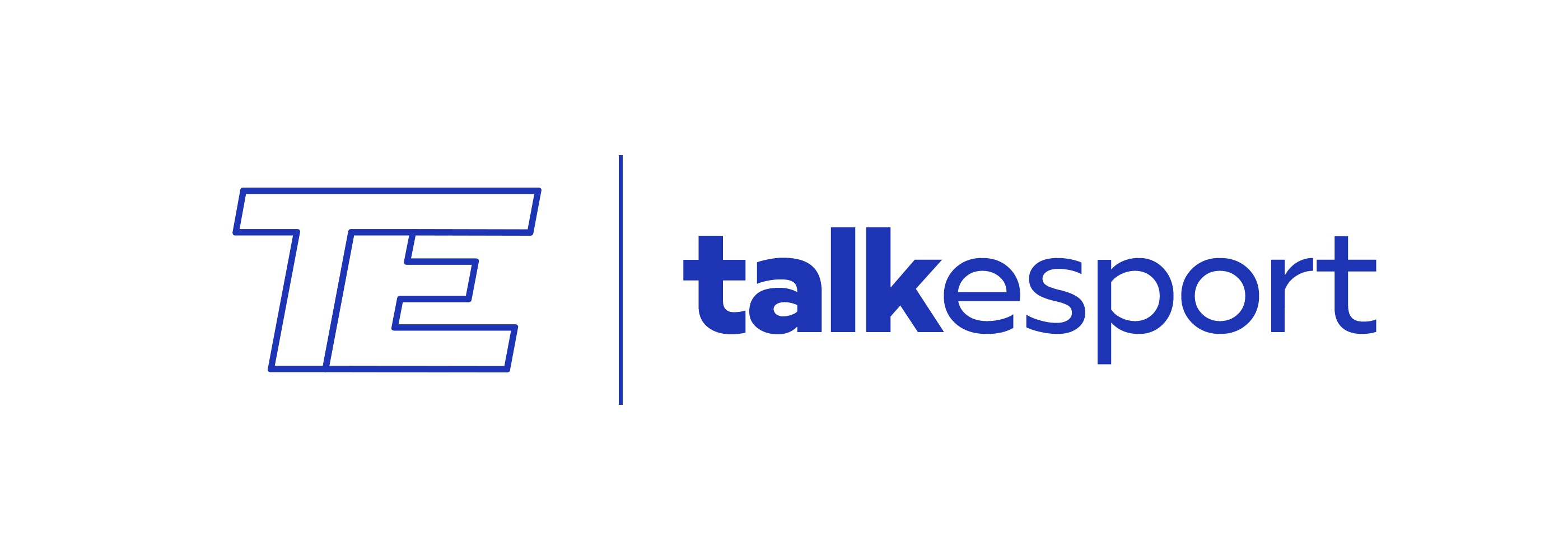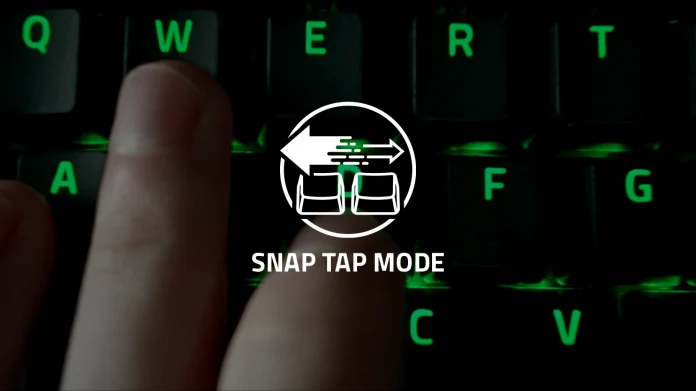Recently, a feature called “Snap Tap” has been making waves, leading to its ban in both Counter-Strike 2 (CS2) and the Electronic Sports League (ESL). Let’s explore what Snap Tap is, the reasons behind its ban, and the effect this has on the competitive gaming scene.
What is Snap Tap in CS2?
Snap Tap is a functionality found in some gaming keyboards that allows players to press two keys at the same time without interfering with each other’s actions. This is particularly useful in intense FPS games like CS2, where swift and precise movements are crucial for staying competitive.
Why is Snap Tap Controversial?

The main issue with Snap Tap lies in how it levels the playing field in CS2—not by boosting everyone’s skill, but by making it easier for less skilled players to match up against more experienced ones. This feature shifts the focus from a player’s skill to what equipment they have, thus diluting the essence of fair competition.
Valve has opposed Snap Tap by imposing stringent restrictions on its use in the game to keep the competition fair. Similarly, ESL has followed suit by banning Snap Tap from their ESL Pro Season 20 Tournaments. This decision came after some players were found using the feature during the ESL Pro League Season 19, signaling the need for regulation.
Despite the controversies, Snap Tap has become quite popular among professional gamers. For instance, at the IEM Cologne 2024 event, the number of players using Snap Tap-enabled keyboards jumped to 39. The growing use of this feature underlines the necessity for strict rules to ensure all players compete on equal footing.
Impact on the Esports Scene
The prohibition of Snap Tap is aimed at ensuring all CS2 players compete based on skill and strategy rather than relying on technological aids. Though the ban might shift dynamics slightly, many top players have continued to excel, proving that while helpful, Snap Tap isn’t the only factor in achieving gaming success.
The ban of Snap Tap by CS2 and ESL highlights their commitment to maintaining integrity and fairness in esports. Removing elements that can artificially enhance performance ensures that the spotlight remains on player skill and strategic acumen. As esports continues to evolve, keeping such checks will be crucial to preserving both the spirit and the competitive nature of gaming.


